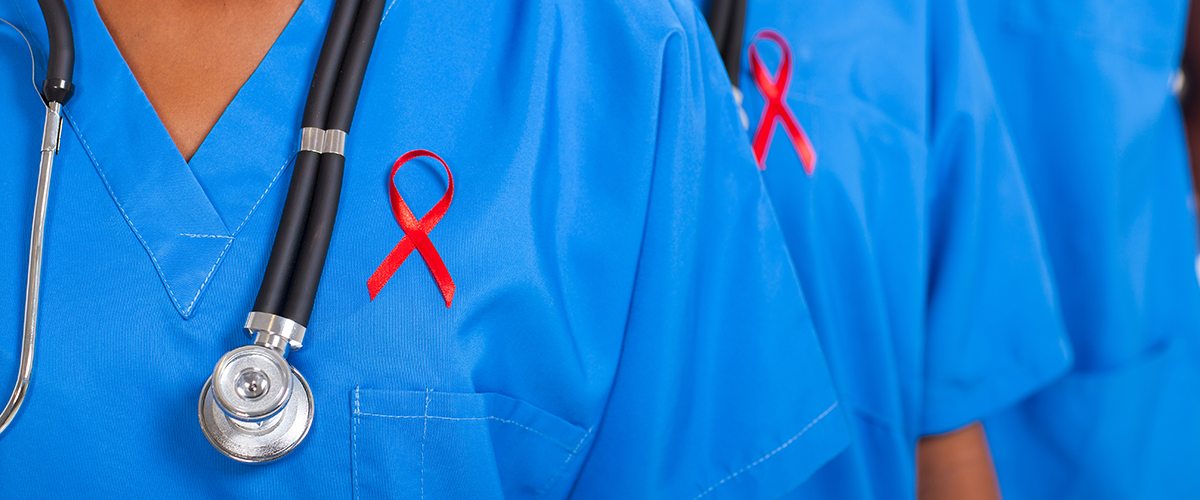[vc_row][vc_column][vc_column_text]
A recent study found that patients co-infected with HIV and HCV won’t harm their immune systems by using medical marijuana to manage the symptoms and side effects of their disease and treatments.
Using cannabis doesn’t adversely affect the immune system of patients co-infected with human immunodeficiency virus (HIV) and hepatitis C virus (HCV), according to a recent study published in Drug and Alcohol Review. Researchers from the French Institute of Health and Medical Research, led by Fabienne Marcellin, used self-administered questionnaires from 955 HIV and HCV patients to examine whether cannabis use had any effect on their circulating CD4 T-cell count.
CD4 cells, also commonly referred to as T-cells, are a type of white blood cells that are heavily involved in the function of the body’s immune system and therefore protecting the body from infection. With HIV, the virus attacks these cells and makes the body less effective at fighting off diseases and infections, leaving it susceptible to threats that can at times be fatal.
There was no significant association with cannabis use and CD4 T-cell count, the researchers concluded in their report.
Marijuana is common among patients with HIV and AIDS for managing the oftentimes debilitating symptoms of the disease and the side effects of antiretroviral therapy (HAART). The disease and treatments can cause nausea, vomiting, diarrhea, weakened bones, neuropathic pain, muscle breakdown, and heart disease. Research has found that medical marijuana improves appetite and reduces the muscle pain, nausea, anxiety, and depression side effects that often affect HIV patients. While shown to have therapeutic promise, cannabis and its effect on the immune system had previously remained undocumented.[/vc_column_text][/vc_column][/vc_row][vc_row][vc_column][vc_single_image image=”17365″ img_size=”1200×250″ onclick=”custom_link” img_link_target=”_blank” link=”https://www.medicalmarijuanainc.com/overview-of-medical-marijuana-research/”][/vc_column][/vc_row][vc_row][vc_column][vc_column_text]The findings are likely to be encouraging to medical professionals and caregivers, who can continue to assuredly recommend medical marijuana to HIV patients. A previous, separate study from 2013 found that marijuana smoking isn’t associated with an increased risk of liver disease in those co-infected with HIV and HCV.
Anecdotal evidence of the efficacy of cannabis for managing HIV and AIDS-related symptoms and side effects is also promising.
“My marijuana use is quite modest,” AIDS patient Keith Vines told Americans for Safe Access, the nations’ largest medical marijuana advocacy organization. “I find that I need to take a couple of puffs only two or three times a week, in the evenings, in order to eat. There are also periods of weeks at a time when the marijuana is unnecessary.”
“Wasting syndrome, in combination with other HIV-related symptoms and conditions, left me thoroughly disabled and desperate to obtain relief. I suffered severe nausea, chronic exhaustion and physical weakness, neurological complications, persistent anxiety, and a total loss of appetite,” said Daniel J. Kane, who’s been diagnosed with HIV. “I tried smoking marijuana to combat the nausea. I found that it reduced my nausea and restored my appetite, allowing me to eat and regain my strength with no noticeable side effects.”
Nearly all of the 29 states that have passed comprehensive medical marijuana legislation have included HIV and AIDS among their program’s list of approved conditions.
You can access the entire study, “No significant effect of cannabis use on the count and percentage of circulating CD4 T-cells in HIV-HCV co-infected patients (ANRS CO13-HEPAVIH French cohort),” via Wiley Online Library.
Learn more about the research into cannabis’ benefits for those with HIV and AIDS by visiting our education page.[/vc_column_text][/vc_column][/vc_row]






